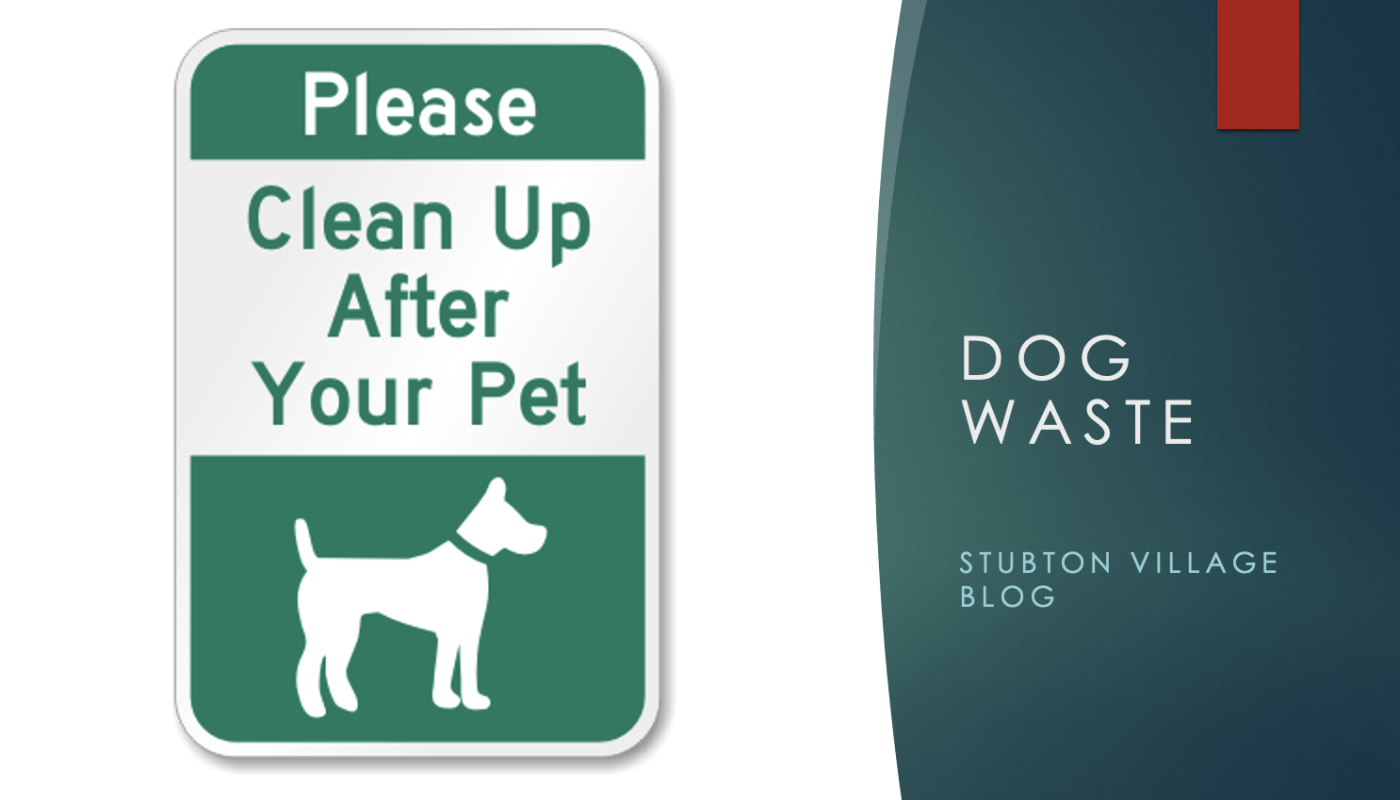Information from Keep Britain Tidy
Posted this information following the discussion on the Parish Council meeting.
Dog mess is the most unacceptable and offensive type of litter on our streets. Our research tells us that dog fouling is the issue the public are most concerned about.
Dog fouling is not only deeply unpleasant, it is dangerous. Whilst rare, contact with dog excrement can cause toxocariasis – a nasty infection that can lead to dizziness, nausea, asthma and even blindness or seizures.
It’s no wonder dog fouling is such a problem – there are estimated to be more than 8 million dogs producing more than 1,000 tonnes of mess every day in the UK alone.
While most dog owners are caring, responsible individuals, there are still some people who do not clean up after their pets.
Anyone who fails to clear up after their dog can be issued with a Fixed Penalty Notice of up to £100. If the case goes to court this could cost the owner or person in charge of the animal up to £1,000.
The law states that being unaware a dog has fouled or not having a suitable bag is not a reasonable excuse.
If someone does fail to clean up after their pet, it falls to the council to get rid of it. More than 90% of councils have dog wardens.
Keep Britain Tidy has campaigned very successfully on the issue of dog fouling. In 2010, our high-profile ‘There’s no such thing as the dog poo fairy’ led to massive reductions in dog fouling in participating council areas. Some communities saw a decrease of up to 90%, while on average a reduction of 43% was recorded across the 94 participating local authorities.
Through our campaigns, we have also highlighted to dog owners that any bin will do for their pet’s mess. While some councils do provide dedicated dog-fouling bins, any public bin can take the waste. There is no excuse to leave it.
Dog owners should be reminded that they face being fined for failing to pick up after their pet in public spaces across the city.
Anybody in charge of a dog in Worcester is legally required to remove their pet’s mess. Failure to do so could lead to prosecution.
Punishments can include a fixed penalty notice of £100 or a maximum fine of £1,000.
Penalty notices can be handed out by police officers, community support officers, or authorised Council enforcement staff.




